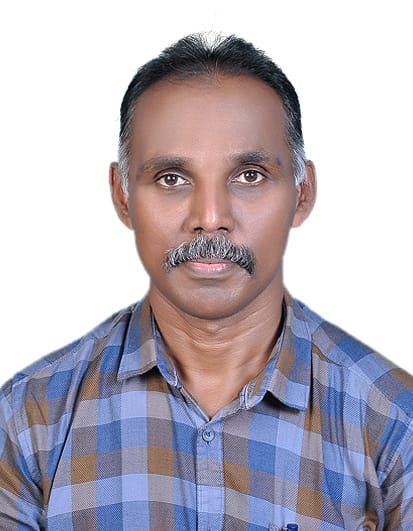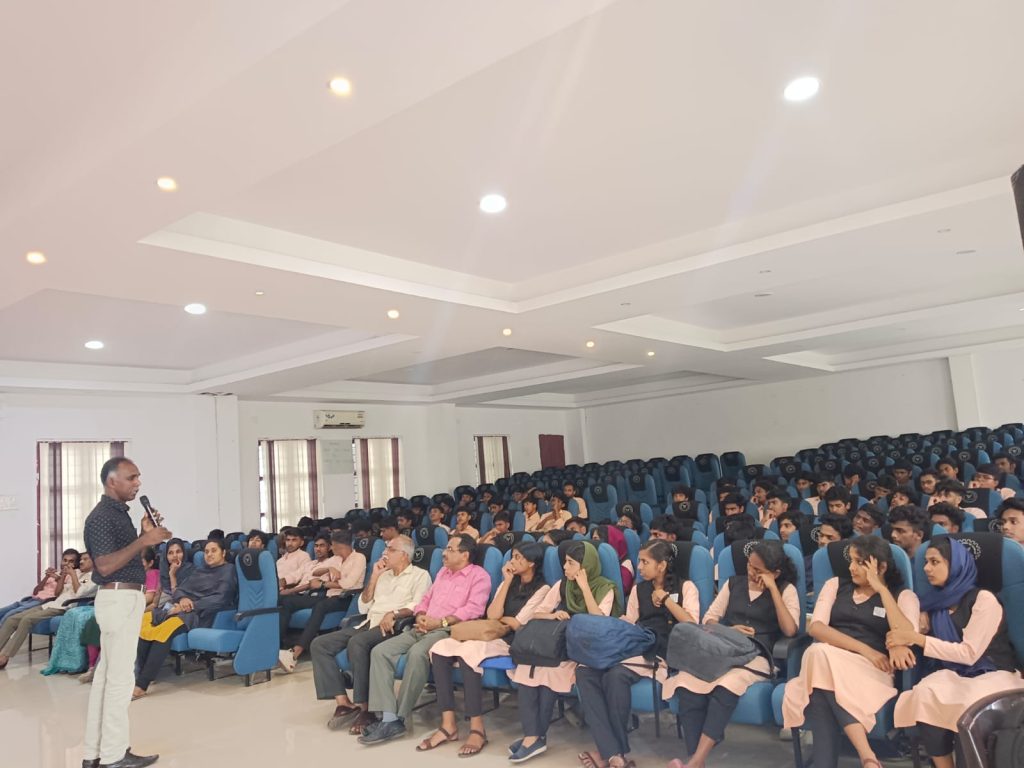NATIONAL SERVICE SCHEME
The Education Commission 1964-66 popularly known as Kothari Commission rightly observed that the destiny of India is being shaped in her class rooms. This is not a mere rhetoric. In a world based on science and technology it is education that determines the level of prosperity, welfare and security of the people. On the quality and number of persons coming out of our schools and colleges will depend our success in the great enterprises of national reconstruction whose principal objective is to raise the standard of living of our people and the country as a whole. It is therefore, imperative that a close link is forged between the educational programme and the needs of the society. The Universities and Training institutions should identify themselves with the economic and social environment and develop a sense of commitment to the task of meeting the needs of the society. For this purpose the Education Commission recommended that some form of social and national service should be made obligatory for all students and should form an integral part of education at all stages. The Commission hoped that this would become an instrument to build character, improve discipline, inculcate faith in the dignity of manual labour and develop a sense of social responsibility. To sum up, the main aim of the National Service Scheme is to provide opportunities to the teachers and students to gain valuable practical experience from such service and to break down the walls that now divide institutions of learning from the life of the common people.
The operational aim of NSS is to integrate the three basic components of the programme. NSS programme should provide a variety of learning experiences which must develop a sense of participation, service and achievement among the volunteer. The activities should aim at the following.
(ii) Providing opportunities to the students to play their role in planning and executing development projects which would not only help in creating durable community assets in rural areas and urban slums but also results in the improvement of quality of life of the economically and socially weaker sections of the community.
(iii) Encouraging students and non-students to work together along with the adults in rural areas.
(iv) Developing qualities of leadership by discovering the latent potential among the campers, both students as well as local youth (Rural and Urban), with a view to involve them more intimately in the development programme and also to ensure proper maintenance of the assets created during the camps.
(v) Emphasizing dignity of labour and self-help and the need for combining physical work with intellectual pursuits;
to see the community closely and thus gets an experience of human nature in relation to his/her environment. This is how the NSS programme aims to make NSS student youth better citizens through “Development of their Personality through Community Service”.
PROGRAM OFFICER

ASST. PROGRAM OFFICER
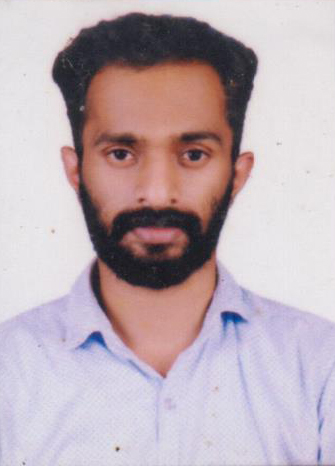
NSS - Activities
Remembering Pulwama Day - 14-02-2023

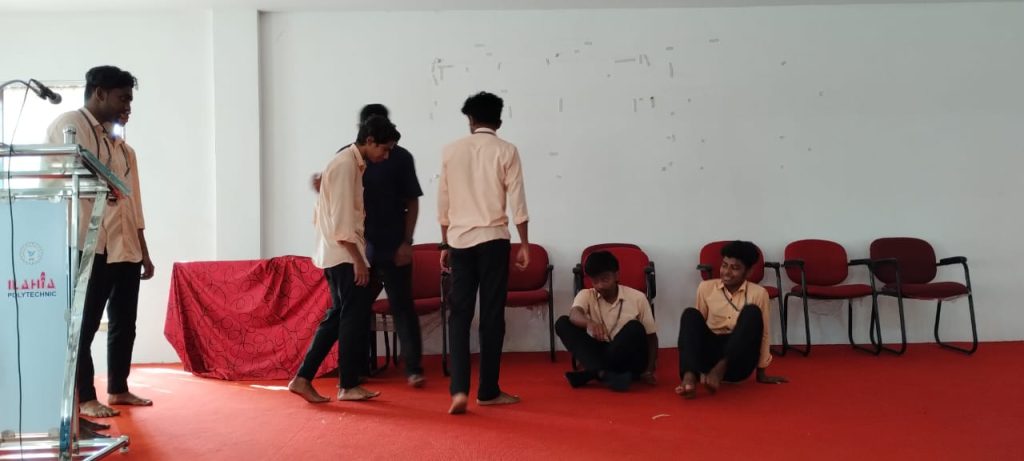
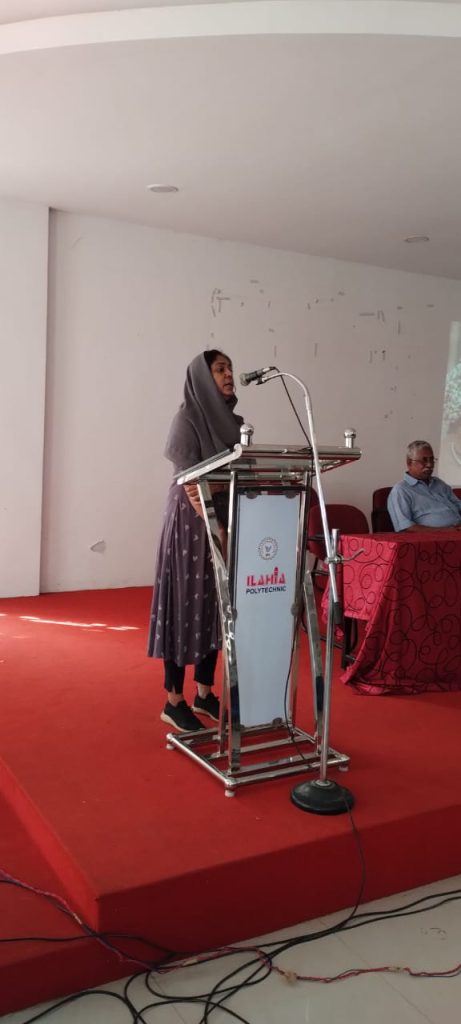
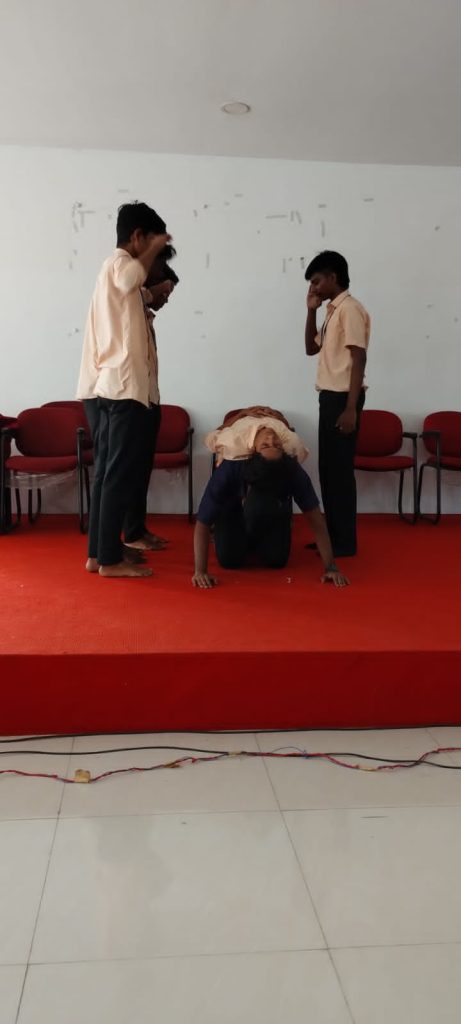
Campus Cleaning on 25-02-2023 Saturday
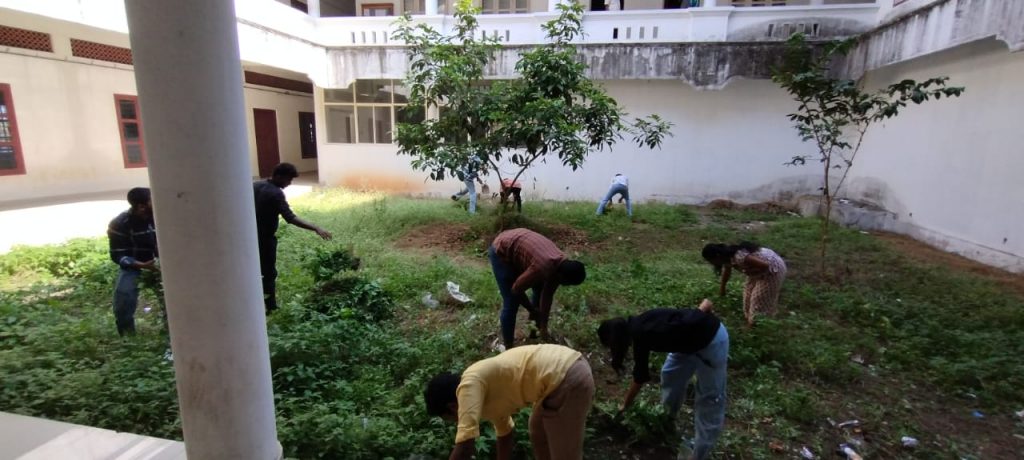
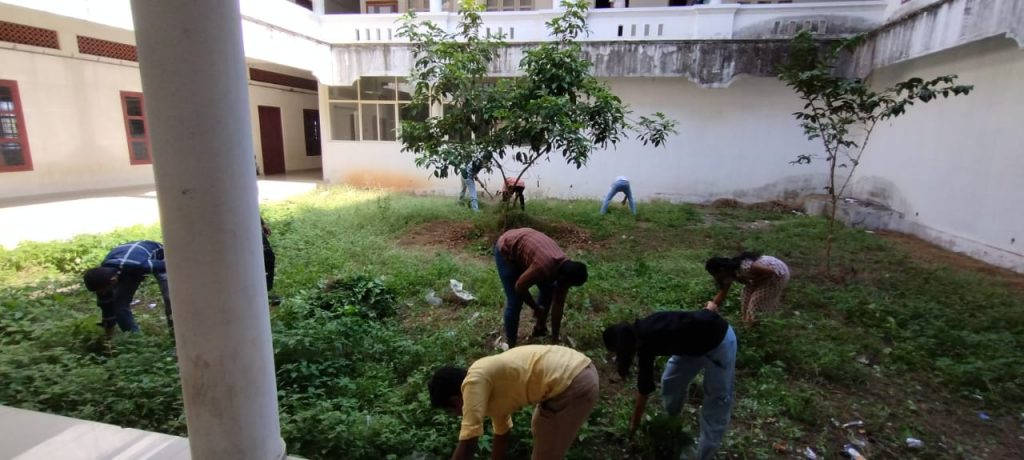
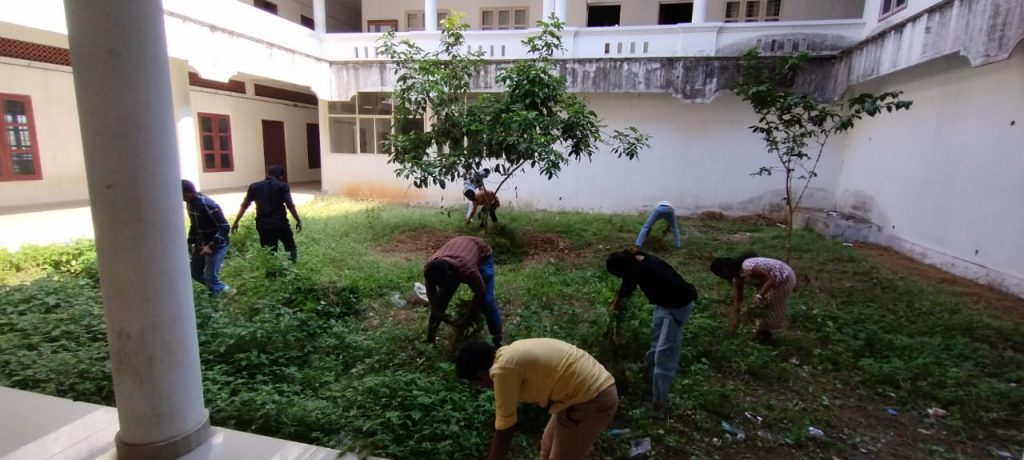
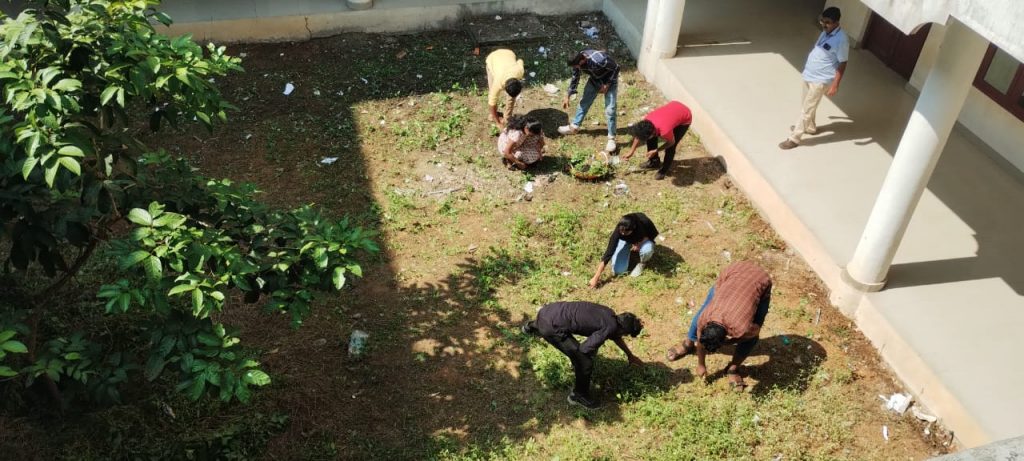
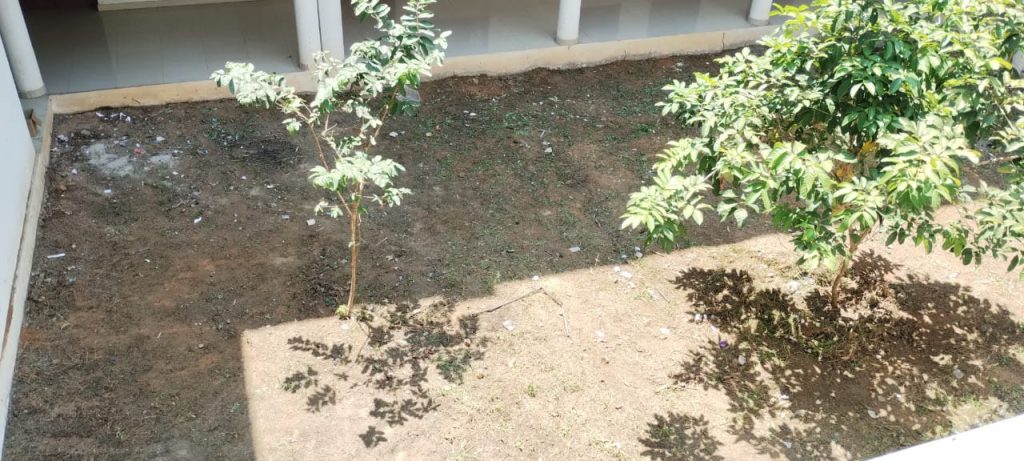
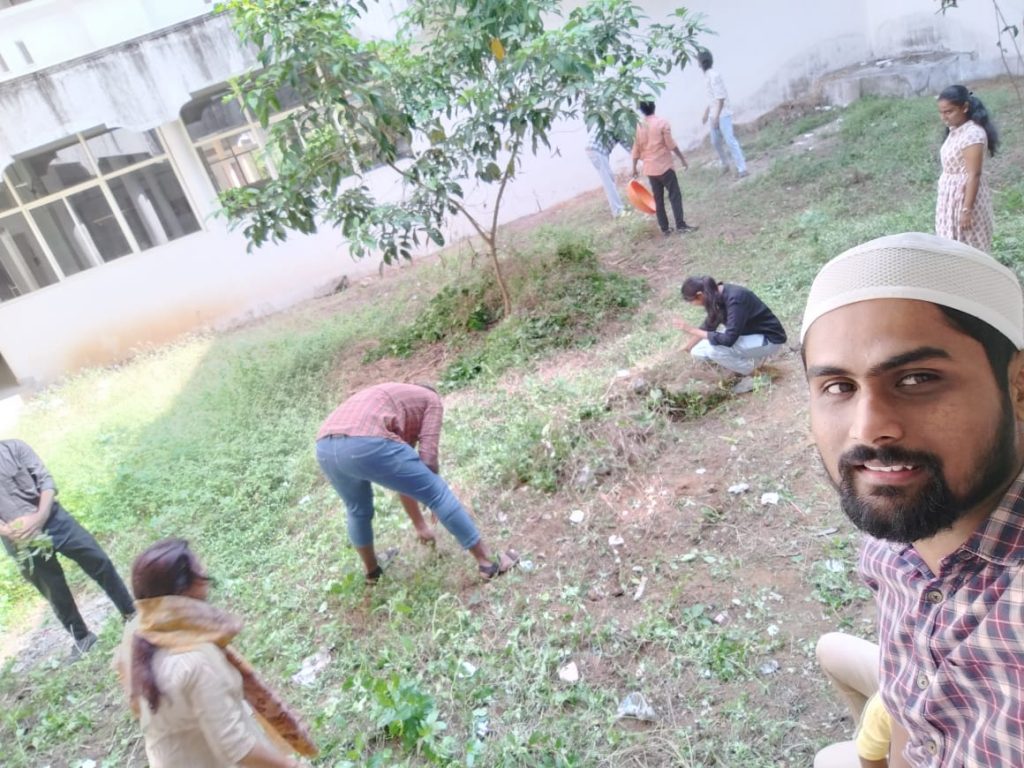
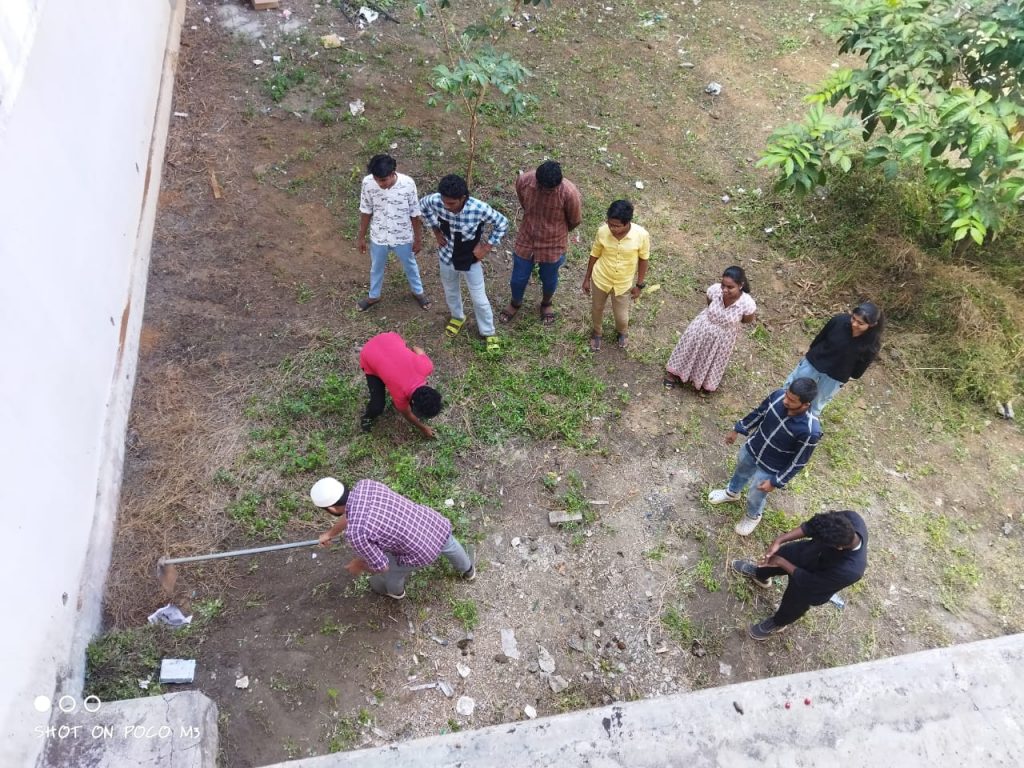

9th November 2023
